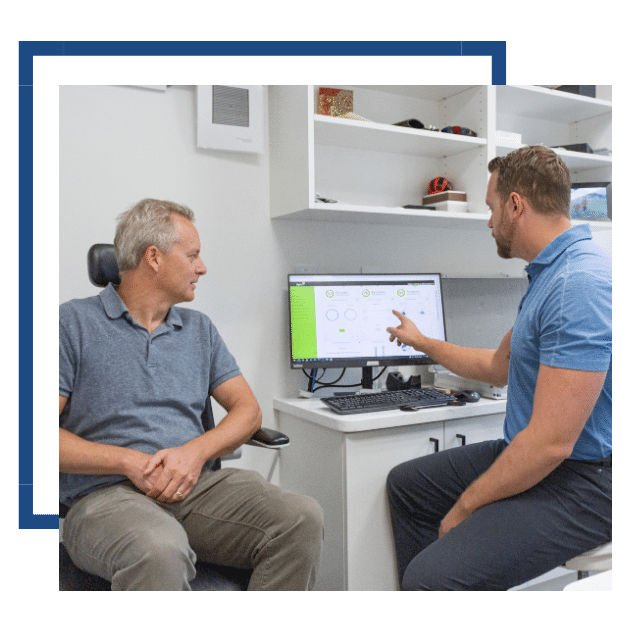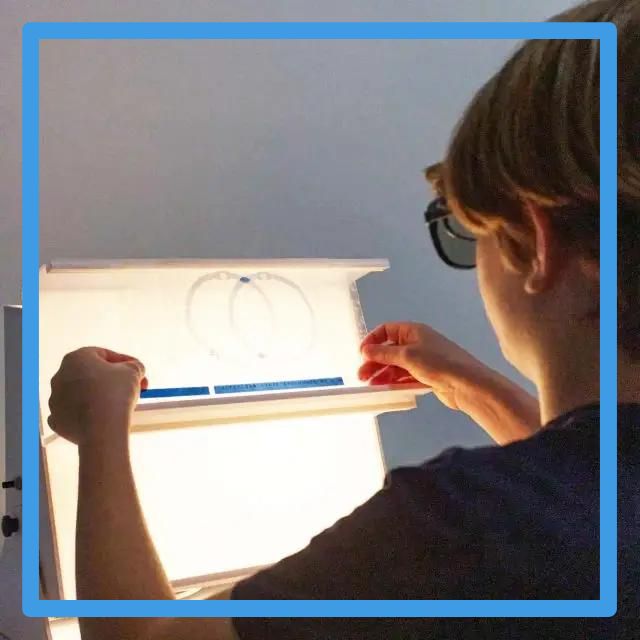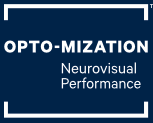Neuro-Optometric Rehabilitation in Victoria & Nanaimo
The brain's remarkable power to interpret information from the eyes is key to vision. Concussions or other brain injuries can, therefore, greatly affect the visual system. Neuro-optometric rehabilitation can play a crucial role in aiding recovery and restoring visual function.
The Connection Between Concussions and Visual Health
A neuro eye exam can determine how well your brain and eyes work together to perceive the world around you. Brain health is directly linked to visual health, since a large portion of the brain is dedicated to visual processing. That’s why traumatic brain injuries (TBIs) such as concussions and strokes can significantly disrupt the visual system.
Complex diseases such as multiple sclerosis (MS), cerebral palsy, chronic traumatic encephalopathy (CTE), and inherited brain conditions can also prevent the visual system from developing normally.
How Can a Neuro-Optometrist Help?
Understanding the link between brain injuries and visual problems can be challenging because many healthcare providers lack the necessary training and skills to recognize the subtle symptoms of neural-visual problems. In cases where problems are detected, only a neuro-optometrist near you who’s trained in treating visual skill deficits caused by brain injury or disease can assist.
Opto-mization is led by neuro-optometric experts Dr. Cam and Dr. Scott, who treat patients in Victoria & Nanaimo, British Columbia. They guide patients through their journey of visual improvement by strengthening the brain-eye connection and enhancing their quality of life. To emphasize their commitment to great service, they also offer a 100% money-back guarantee, which shows how much they value customer satisfaction.
What is Neuro-Optometry?
The human brain has an astonishing ability to adapt and recover, even after experiencing an injury. This phenomenon is known as neuroplasticity.
Neuro-optometry stands out as a specialized field that focuses on retraining and rewiring visual processing skills that allow us to understand and interact with the world. It all begins with a neurological eye exam that allows the neuro optometrist to examine your eye tracking abilities and other visual skills. They’ll use a blend of visual exercises, specialized lenses, and targeted visual stimuli (including digital aids) to help patients reprogram their brains and process visual information accurately.
Dr. Cam and Dr. Scott can help you regain your visual function by developing a personalized treatment plan based on your neuro-visual conditions and medical history.


Symptoms of Visual Skill Deficits
- Spatial disorientation
- Focusing problems
- Double-vision (diplopia)
- Blurred vision (asthenopia)
- Headaches
- Nausea and dizziness (vertigo)
- Eye strain
- Fatigue
- Difficulty accurately gauging movement, direction, and speed
- Trouble differentiating colors
- Hand-eye coordination and motor problems
- Anxiety
- Light sensitivity
If you’re experiencing any of the symptoms above, you should have a functional visual evaluation to rule out visual dysfunction as a cause.

